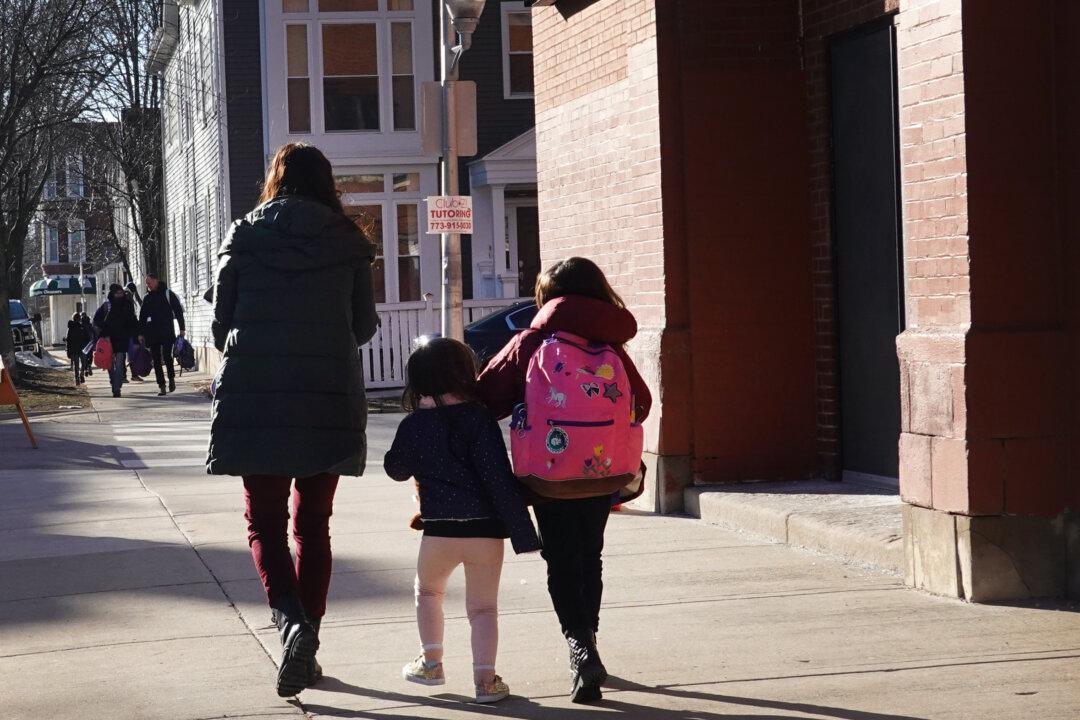Gov. Gavin Newsom this week approved a California bill that aims to help English language learner students in childcare centers by incorporating more of their home languages into the centers’ program.
The governor Oct. 8 signed Assembly Bill 393, introduced by Assemblywoman Luz Rivas (D-Arleta) in February, which now requires all state-subsidized childcare centers and family childcare homes that serve low-income children to survey families about the languages they speak at home.





